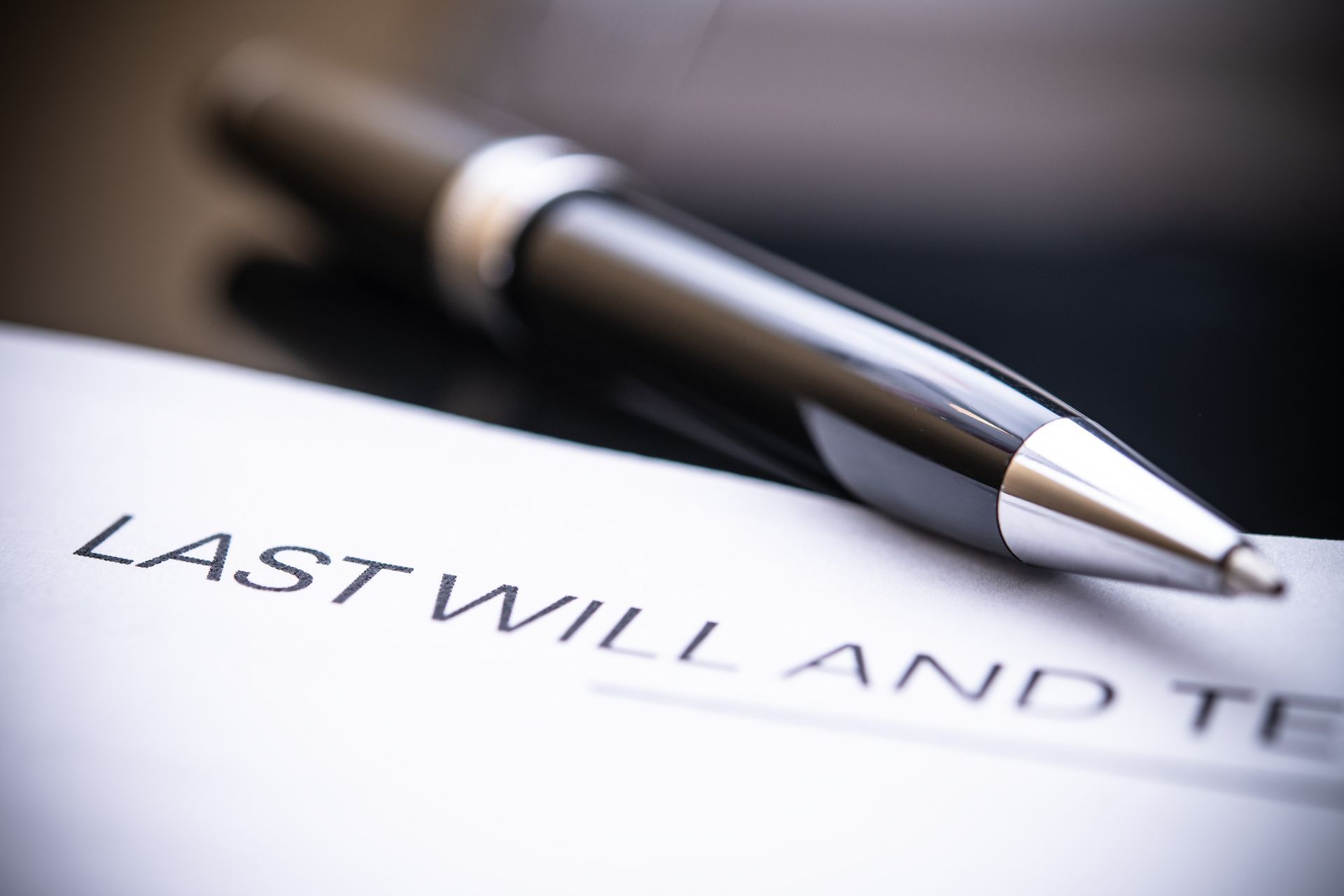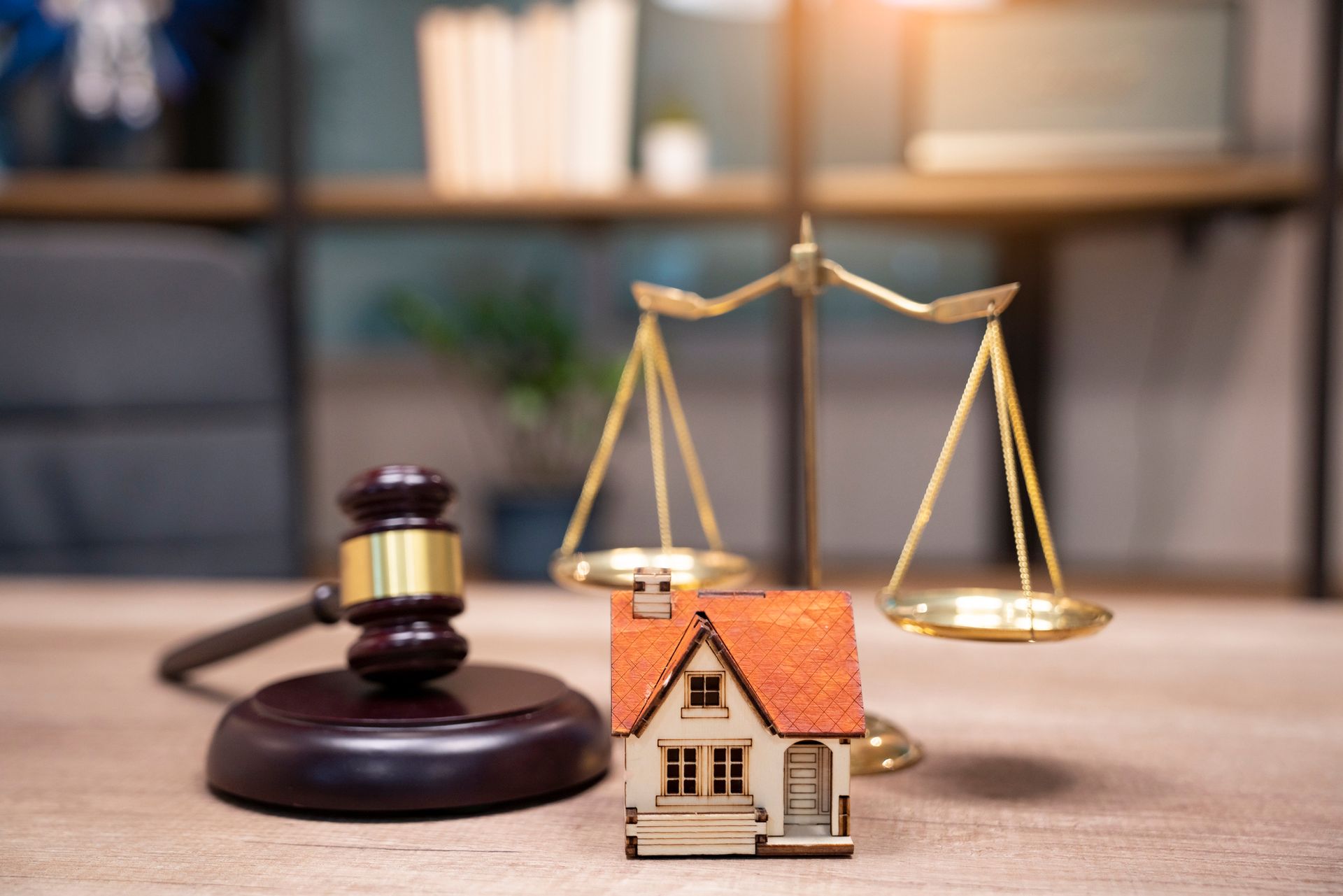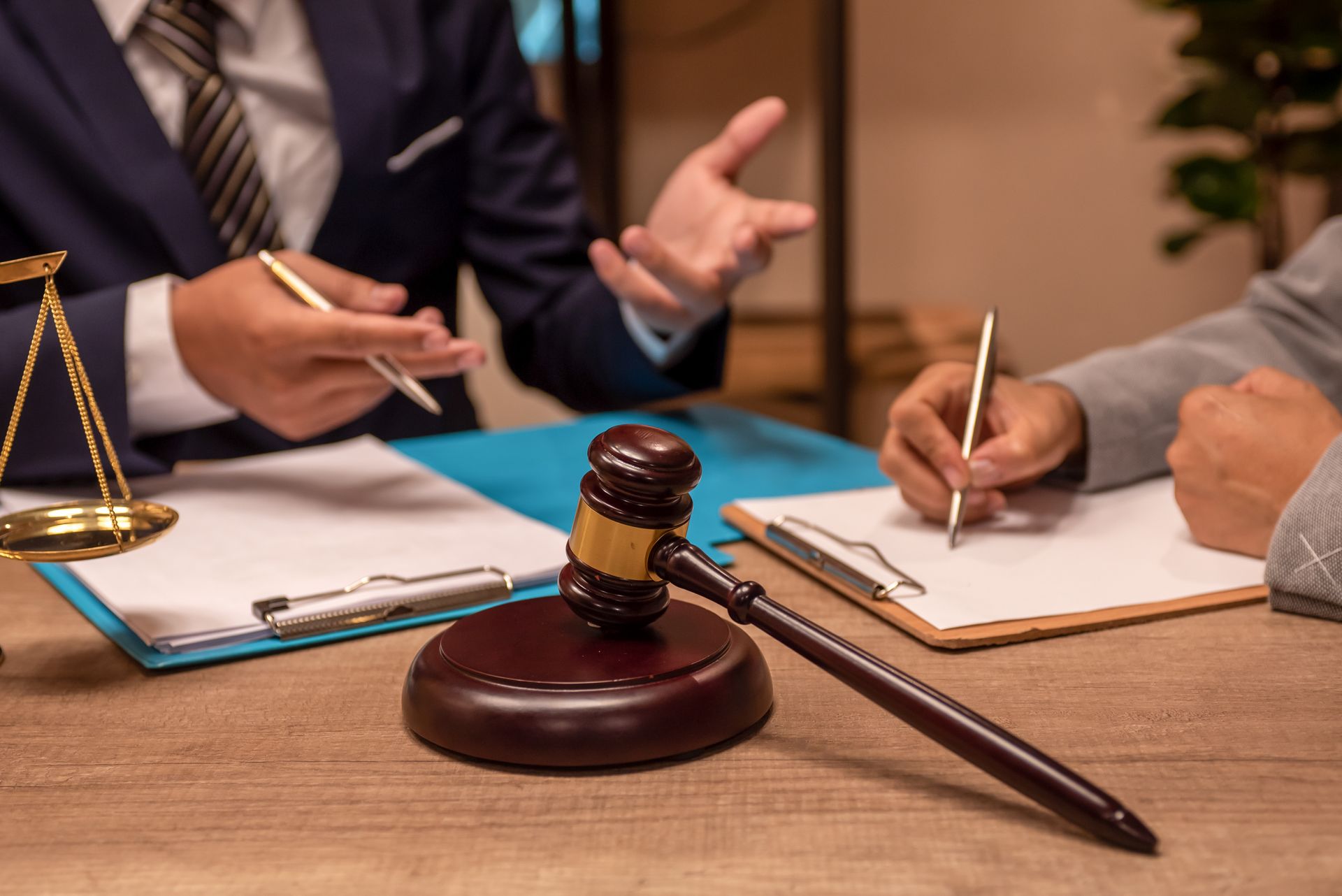NJ Will Lawyer Explains What is an Executor

When you create a customized estate plan, you will make a will, a power of attorney, healthcare directives, and appoint an executor of the estate. The executor of an estate, or executor of a will, is the person that will be responsible for carrying out your wishes as detailed in your estate plan. Choosing an executor is a big decision. This person needs to be reliable, willing, and have the capacity to carry out your directives.
Here, we look at what an executor does and how you should choose your executor.
What is an executor of a will?
The executor of estate is a trusted person in your life that will resolve the logistical, financial, and personal issues after you are deceased. Their primary duty is to distribute the assets in your estate as intended to your beneficiaries. Inheritance is not always automatic. The executor is there to ensure that things go smoothly for those who stand to inherit your assets. They act in the best interest of you, your estate, and your beneficiaries.
Who can be an executor of a will?
Almost anyone can be an executor. Who becomes the executor of an estate is primarily up to the personal preferences of the individual who creates the will. You can designate a family member, close friend, lawyer, accountant, financial advisor, or even an entity to be the executor of your will. You can name one of your beneficiaries as your executor. You can also designate multiple executors that will work together as co-executors. If you never designated an executor, the court will appoint one.
Most importantly, you choose someone to be your executor who is reliable and willing to take on the responsibility. It is crucial that you trust this person implicitly. You are, essentially, leaving your entire legacy in their hands. Choose someone who is organized and level-headed in case disputes or conflicts arise. It can take months or even years to administer an estate, so choose someone with the time and resources to get through this process.
What does an executor do?
An executor has many functions, including:
- Obtain the death certificate: Typically, an executor gets a copy of the death certificate from the funeral home. They use this certificate to settle affairs with banks, credit agencies, insurance firms, or other entities.
- File a copy of the will: The executor will provide a copy of the will to the local court and follow the court procedures for the probate process. The executor is also tasked with keeping beneficiaries informed of court proceedings.
- Settle debts and taxes: Before assets are distributed to beneficiaries of the estate, executors must settle debts. They will pay ongoing bills (like mortgage or utilities) as well as any outstanding debts. The executor will also file the final tax return for the year the decedent passed. The executor does not need to determine how to settle debts if the money in the estate does not cover the full amount owed. Instead, the court will decide how to prioritize repayment.
- Supervise the distribution of assets: The executor's primary job is to ensure that the assets of an estate end up with the correct beneficiaries. If there is no will, the court-appointed executor will distribute assets based on NJ intestacy laws.
Working with an estate planning attorney while you are creating your will can help you set up your estate plan in a way that simplifies things for your executor and your beneficiaries. Named executors may also want to seek the expert advice of an experienced attorney as they go through the probate process. It can be overwhelming to deal with the complexities of an estate in the aftermath of a loved one's death. Veitengruber Law is an experienced estate planning attorney in New Jersey. We can help you make the process as smooth as possible.










